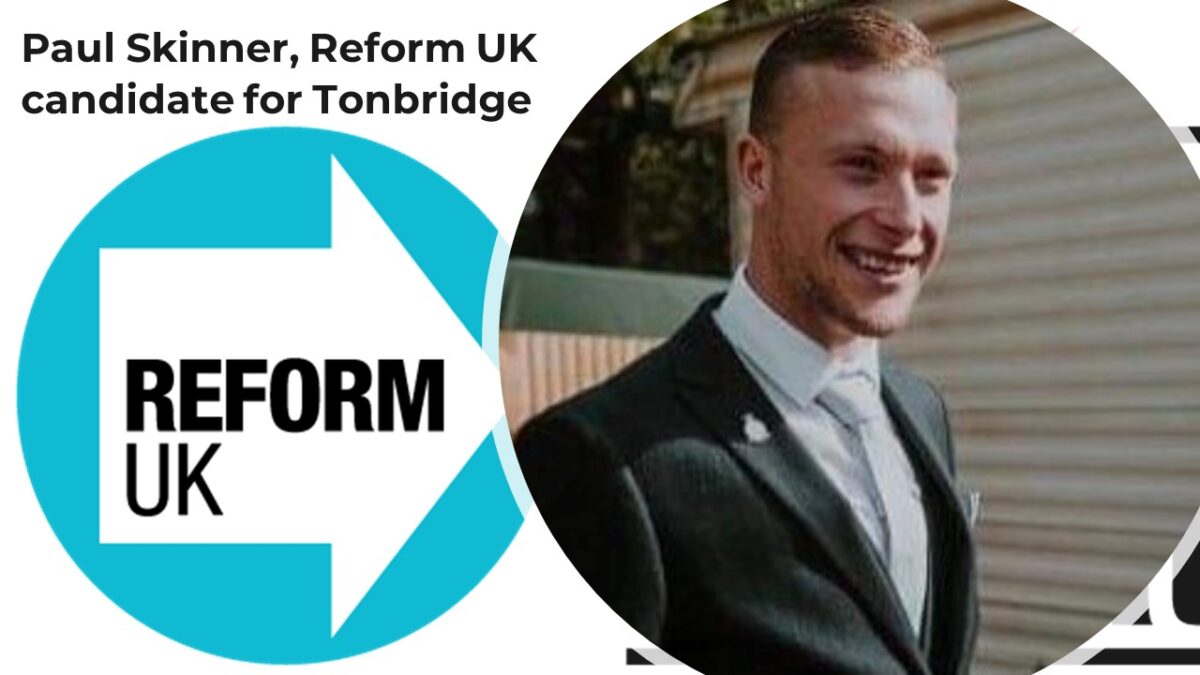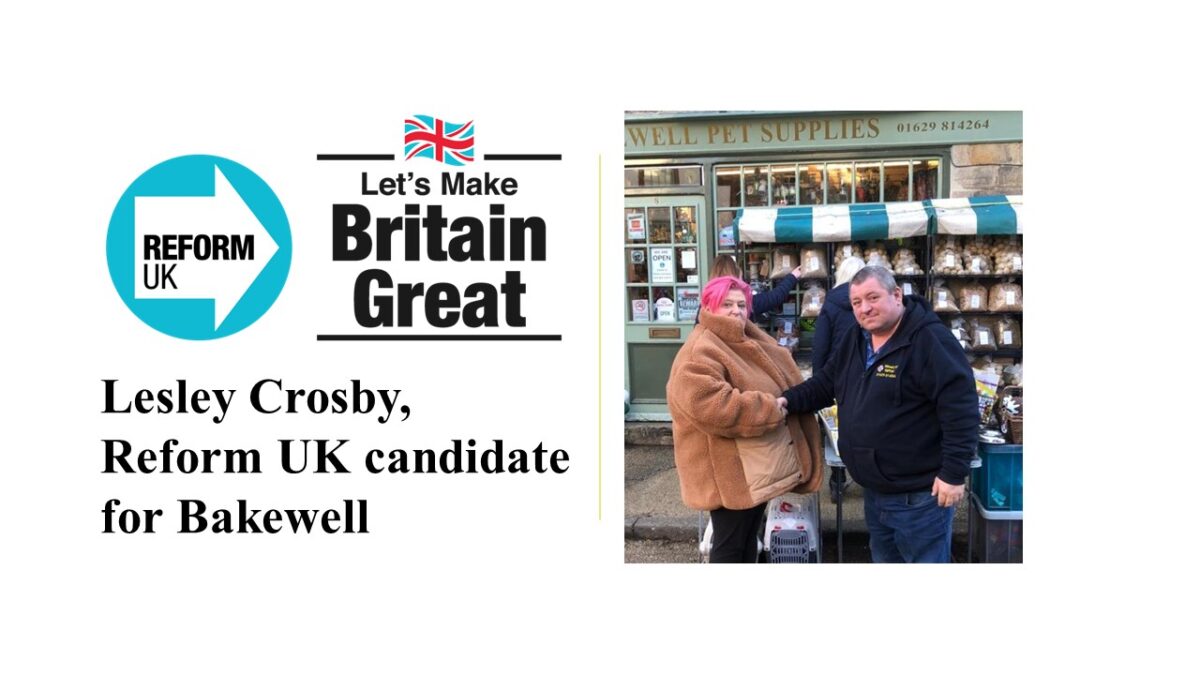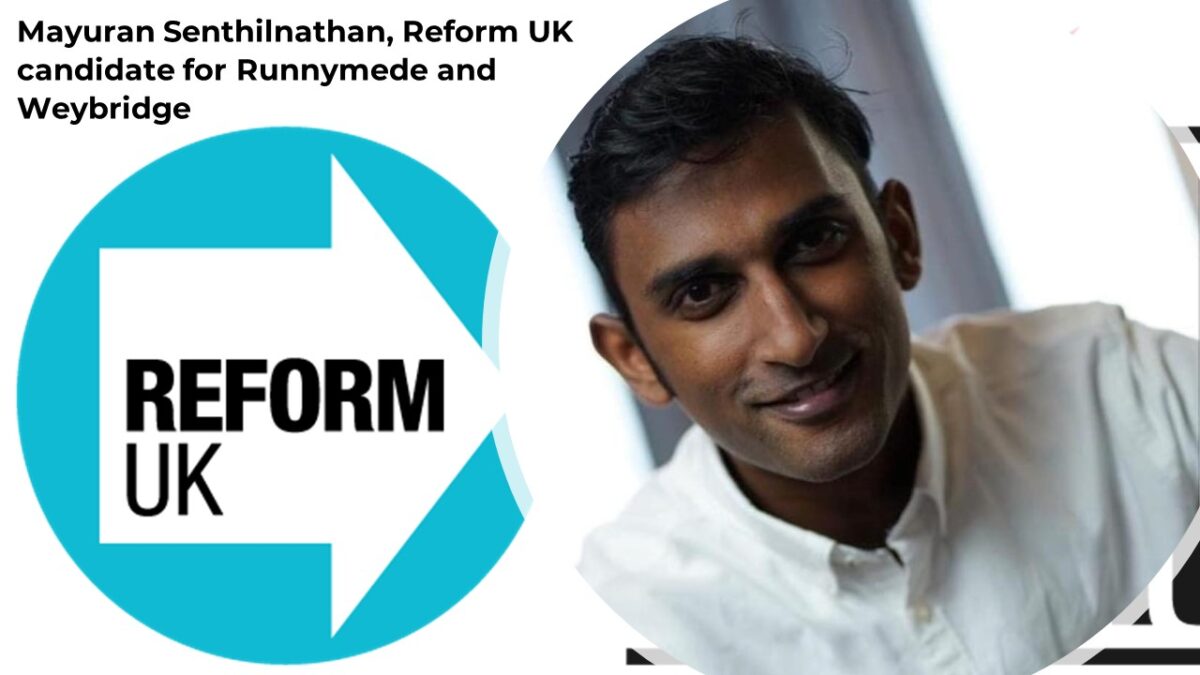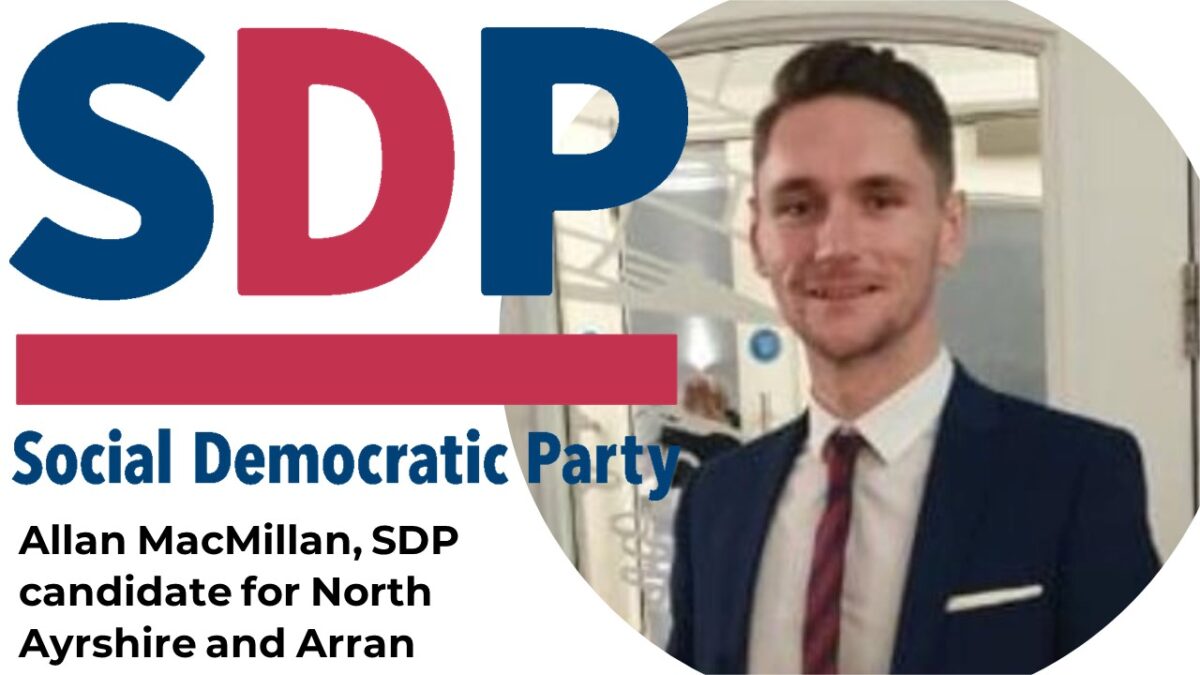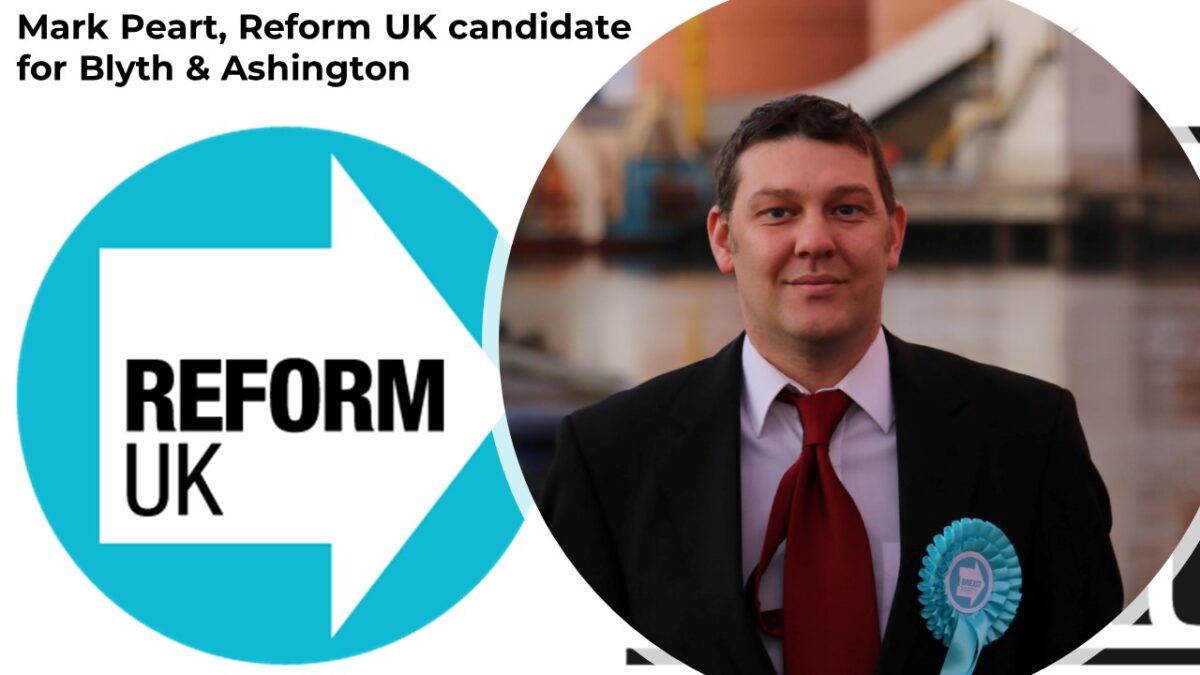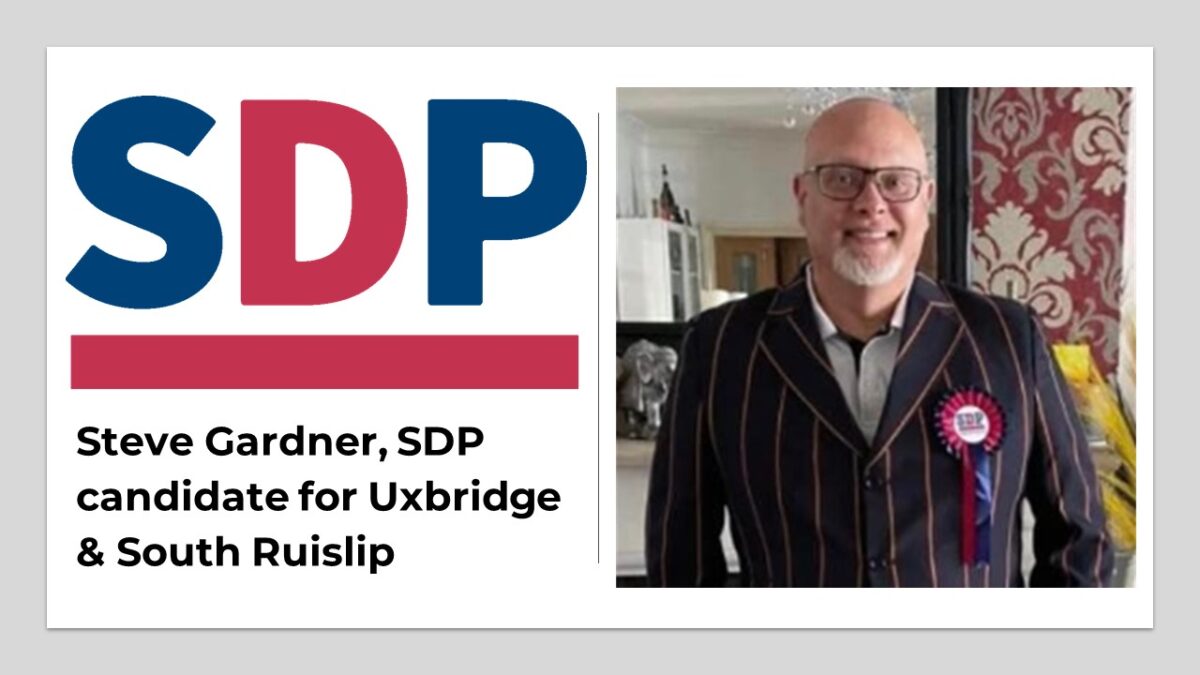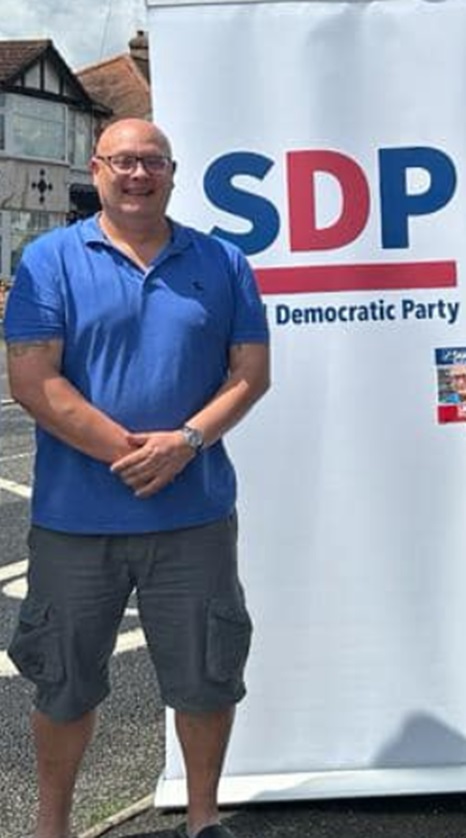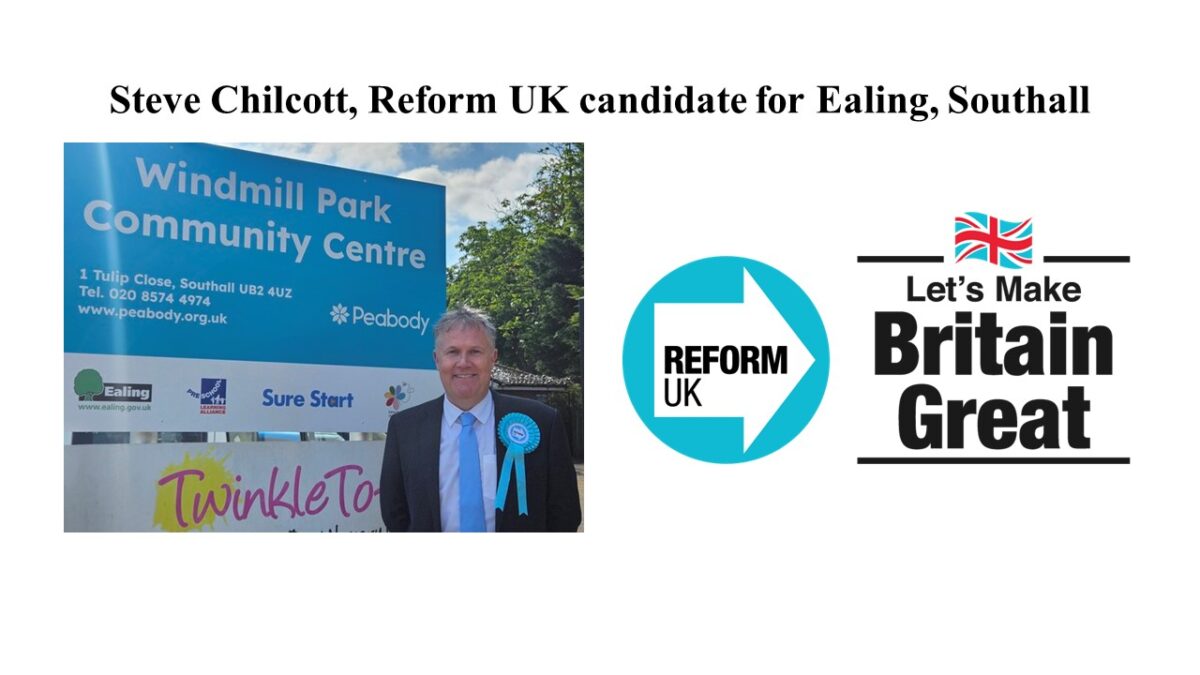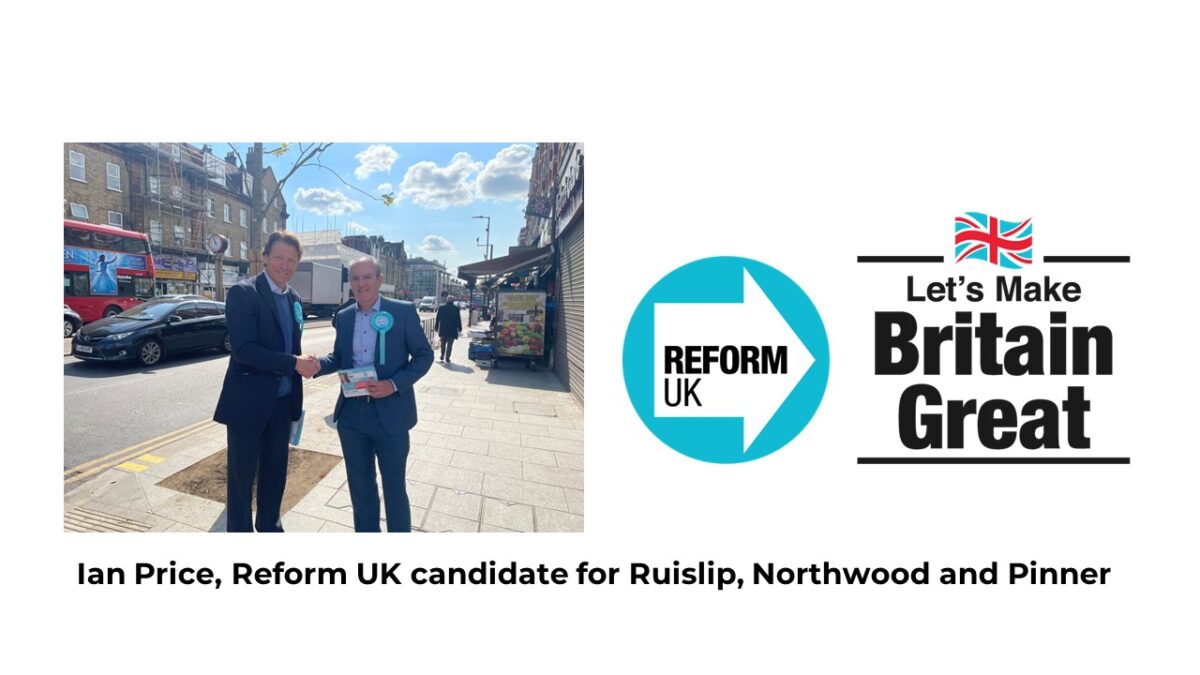Paul Skinner is the Reform UK Prospective Parliamentary Candidate for Tonbridge. We spoke with Paul about his decision to stand.
“After leaving the British Army I became a police officer in the Met where I learned a great deal about helping the community and serving the British public”
Can you briefly introduce yourself to our readers?
My name is Paul-Shane Skinner I have lived in Kent all my life, my parents were working class citizens and worked locally in the area. I have lived in Tonbridge now for 6 years and always admired the people and community. Me and my partner still live with my mother in a council house and are expecting our first baby.
I left school at 15 and pursued a career in the British Army as A Tank crewman, with a family background in the Armed Forces and my late grandad being in the Royal Marines during the Falklands war, I wanted nothing more than to make him proud. After leaving the British Army I became a police officer in the Met where I learned a great deal about helping the community and serving the British public, I sadly left for family reasons and headed for the private security sector where I was helping different types of people while doing this, I served in my local parish council as a Councillor for Staplehurst.
What made you decide to stand for Reform UK?
The reason for standing for the Reform party is I agree with all its polices, now we have always been a working-class family and have always been a Labour supporter but in recent times neither them or the Conservatives are fit to run government, they have put us in debt, run the country and infrastructure down, not supporting out farmers after leaving the EU and I believe “if you want change you must vote for change” it’s the only way to reform our great United Kingdom again and make Britain GREAT.
My nan used to have a saying “the working man will always get shafted the most” meaning no matter how hard the working-class work they get so little back.
“People are sick of the Conservatives lying and partying and they can’t rely on Labour because they haven’t got a backbone or want to express the people’s voices, only their own. Which is why Reform is the only way”
You’re the Spokesman for Tonbridge what’s made you decide to represent this area?
I have always lived in Kent and always lived in the Maidstone area in little villages such as Headcorn etc. but since living under the Tonbridge area for the last 6 years I have come to love the place and the people within it, I believe that I can represent the people of Tonbridge and give them a voice and change to help everyone better than our current government. People are sick of the Conservatives lying and partying and they can’t rely on Labour because they haven’t got a backbone or want to express the people’s voices, only their own. Which is why Reform is the only way.
“I’m holding a local meet up on the Tuesday 13th February to speak with my current volunteers and people that support reform to listen to any current major issues in the area”
What do you see as the big concerns for the constituency and what issues do you hope to champion?
Now obviously any MP of any area won’t be able to presume to know every issue and the fact the job is a very demanding but rewarding, Any MP has a great privilege to help the people in the best way possible but in the Tonbridge area I’m 100% committed to helping everyone in the best way possible and identifying them issues that need fixing. I’m holding a local meet up on the Tuesday 13th February to speak with my current volunteers and people that support reform to listen to any current major issues in the area.
For those eager to help, how can they get involved in the campaign?
You can also find out more about Reform UK at https://www.reformparty.uk/. For people wanting to help me please follow me and contact me on X (twitter) @paulsskinner or email me at [email protected].


